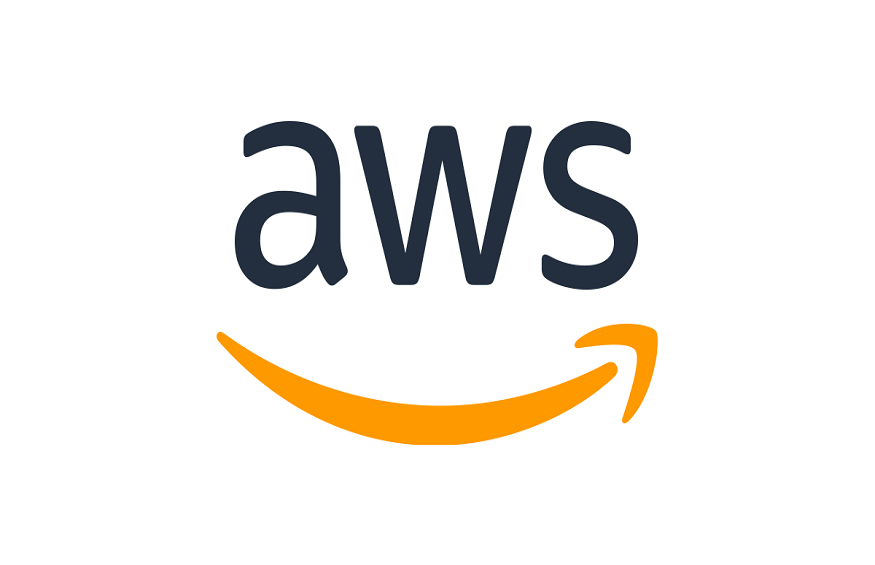
Several businesses now leverage cloud services such as Amazon Web Services. However, some startups usually make the mistake of ignoring security because they have a small team. Taking the issue of security seriously will give you peace of mind.
Cloud computing has a high adoption rate, and it’s giving brands of different sizes a level playing ground. Without much ado, here are seven tips for boosting the security of your Louisville AWS environment.
1. Schedule regular updates and backup
Back up your data before and after each update. Taking this step will help you restore your account hassle-free in the event of a natural disaster, data breach, or any other issue. Make sure you back up your data in the cloud instead of relying on hard drives alone.
This will help you run your business smoothly. As you back up your data, remember to schedule security updates too.
2. Multi-factor authentication is a must
Enabling multi-factor authentication for your AWS account will help you add an extra layer of security to your account. It involves relying on multiple login factors for your account. For instance, using the code sent to your mobile phone to authenticate your account.
There’s nothing to worry about if your username and password end up in the hands of someone else.
3. Limit permissions
It’s not everyone in your organization that should have access to your entire AWS. There’s no need to ask them open an account if it’s irrelevant to their roles.
Grant access to only the employees who need it and be clear about the tasks they can handle. This can go a long way to reducing data breaches. Once an employee leaves your organization, block them from accessing their AWS account.
4. Use strong passwords
Strong passwords are important whether you’re using multi-factor authentication or not. Rely on strong passwords and encourage your team to do the same.
Your passwords should be lengthy and contain different characters. Another way to add an extra layer of security to your AWS account is to consider changing passwords every quarter. It’s not advisable to recycle passwords because it can make your AWS account vulnerable to attack.
The best thing is to opt for a password you don’t use for any other account.
5. Prioritize data encryption
Encrypting your data is a smart way to protect it from cybercriminals. You’ll have peace of mind if such data ends up in their hands. Bear in mind that there is no need to encrypt all your data. Identify the sensitive ones and take proactive steps.
6. Use a VPN or VPC
A Virtual Private Network (VPN) or Virtual Private Cloud (VPC) will come in handy for securing your AWS environment. With any of these options, you can separate your AWS access from other parts of your organization.
7. Test for vulnerabilities
Endeavor to check your cloud security dashboard for vulnerabilities. Running a security scan will help you discover vulnerabilities, and it’s best to fix them immediately. Request a vulnerability test to avoid losing your connection while running the test.




